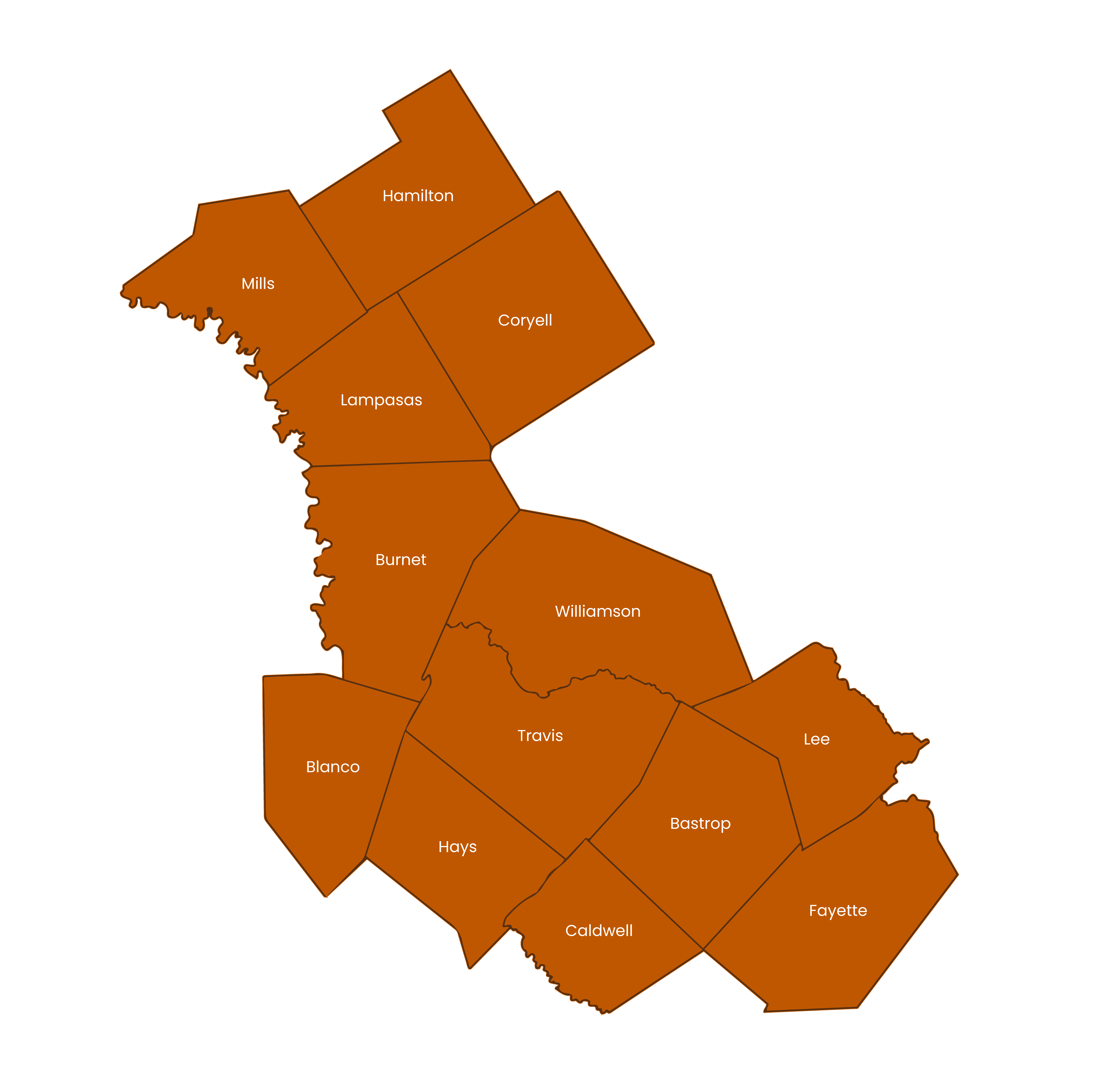
Texas Child Health Access Through Telemedicine (TCHATT): Adolescent Substance Use Disorder (ASUD) Initiative
An initiative of the of the Texas Child Mental Health Care Consortium, the Texas Child Health Access through Telemedicine ASUD initiative provides no-cost appointments to youth who need help with risky or unhealthy use of substances. TCHATT-ASUD offers an evidence-based, comprehensive approach to address mental health and substance use concerns with support of an integrated health care plan, which emphasizes family and community involvement.
Click the links below to view the TCHATT-ASUD Program Overview Flyer:
What is Substance Use?
“Substance use” is defined as an individual’s pattern of using any number of substances (e.g., alcohol, nicotine, marijuana, and other illicit drugs) either separately or in combination with each other1. Substance use can start with experimentation and could possibly lead to a substance use disorder. Substance use is widely known as taking place across several stages defined by the frequency of use and severity of consequences. It is important to note that not everyone who starts experimenting with drugs will experience each stage, and if they do, it may not be in a specific order. Understanding these stages can help with identifying when someone may need to seek professional help for their substance use issues.2,3,4.
Substance use can be hard to spot.
Possible signs could include:
• Withdrawal from family
• Violation of curfews
• Changes in relationships
• Changes in appearances, eating, sleeping or weight
• Loss of interest and motivation
• Suspicious behaviors
• Atypical thoughts and/or speech
• Decreased grades and/or attendance at school
• Fighting and conduct issues
• Unusual or sudden changes in mood such as anxiety, irritability, paranoia or sadness
TCHATT-ASUD providers collaborate with adolescents and their families to:
– Assess for risk and safety
– Develop a recovery plan to reduce harm caused by substance use
– Complete assessments to track progress towards goals
– Provide long-term treatment providers and resources in the community, as needed
For these virtual appointments, youth and their families can join by computer, tablet, or smartphone from a confidential, private space. A legal guardian must be present for someone under 18 to be seen.
Make a Referral
For students enrolled at partnered TCHATT school districts and campuses (see the linked Directory)
Option 1
TCHATT Campus Liaisons can book a consultation referral through the TCHATT Campus Liaison Portal.
Option 2
Guardians, students, and community providers can schedule a brief consultation call. During this consultation, a team member will connect with you to discuss the student’s referral needs and provide a program overview. Note: This call is not a clinical appointment.
If you have any questions, please contact us. Call us: 512-763-7523 or Email us:tchatt@austin.utexas.edu
If an adolescent is experiencing an emergency, please call 911 or 988 and go to your nearest emergency room.
Important Note: For self-referrals, students under 18 will need parent/guardian consent to participate in TCHATT-ASUD services, although they may complete the consultation call independently.
What happens once a referral is received by TCHATT-ASUD for a consultation through Option 2?
Step 1: Complete Consultation Call
During this call, a team member will tell you more about TCHATT-ASUD services and suitability of these services for the student and their families.
Step 2: Consent and Enrollment Documentation
If the student and family are interested in receiving TCHATT-ASUD services following the consultation, the medical decision maker for the student will receive the enrollment packet in order to consent to treatment. Once the enrollment packet is returned with the proper signatures, a team member will reach out to schedule the intake appointment.
Step 3: Intake Appointment
At this appointment, a TCHATT-ASUD team member will meet with the student and family to discuss relevant biological, psychological, or social factors that could be contributing to the student’s presenting mental health concern(s). Current substance use risk behaviors will also be assessed.
Step 4: First TCHATT-ASUD Appointment and Beyond
Students participate in appointments with their provider and guardian. The TCHATT-ASUD initiative is focused on increasing motivation and readiness for change and will continue throughout the student’s recovery.
Who we Serve
Dell Medical School partners with school districts and charter schools in 13 central Texas Counties including Bastrop, Blanco, Burnet, Caldwell, Coryell, Fayette, Hamilton, Hays, Lampasas, Lee, Mills, Travis & Williamson.
In order to receive TCHATT-ASUD services through Dell Medical School, there must be a partnership with the student’s district or charter school and Dell Medical School. We are always growing partnerships, so if you do not see your campus listed, check back at a later time.
To find out if we are currently offering services at your campus, check the directory below:

Get in Touch
Call us: 512-763-7523
Email us: tchatt@austin.utexas.edu
Footnotes
1Diagnostic and Statistical Manual of Mental Disorders : DSM-5. 5th ed. Washington, D.C: American Psychiatric Association, 2013. Print.
2Boston Children’s Hospital. (2014). Screening to Brief Intervention (S2BI) Tool. http://files.hria.org/files/SA3542.pdf
3Substance Abuse and Mental Health Services Administration. (2019). Key substance use and mental health indicators in the United States: Results from the 2018 National Survey on
Drug Use and Health. Rockville, MD: Center for Behavioral Health Statistics and Quality, Substance Abuse and Mental Health Services Administration. Retrieved from
https://www.samhsa.gov/data/
4National Institute on Drug Abuse. (2020). “Drugs, Brains, and Behavior: The Science of Addiction.” Treatment and Recovery. Retrieved from
http://nida.nih.gov/publications/drugs-brains-behavior-science-addiction/treatment-recovery

